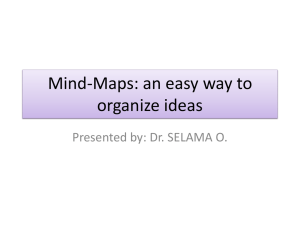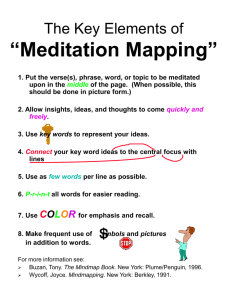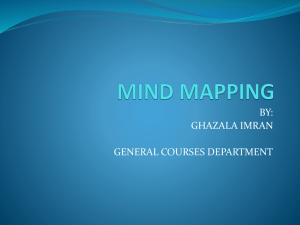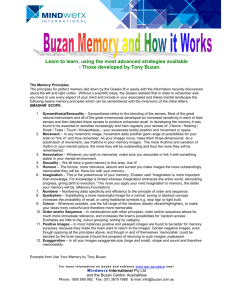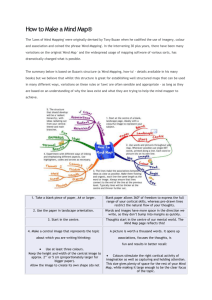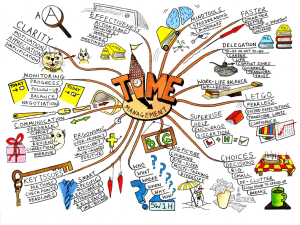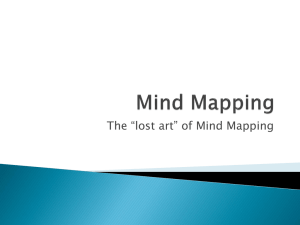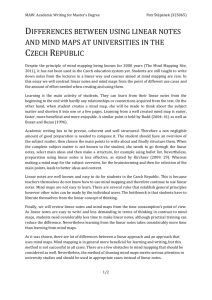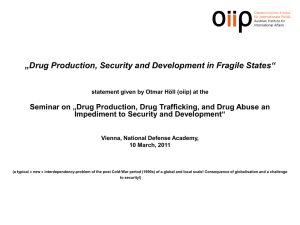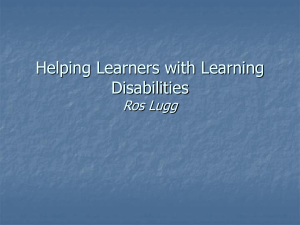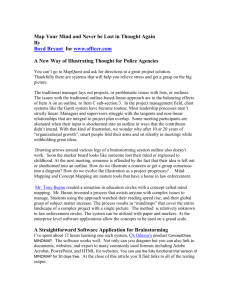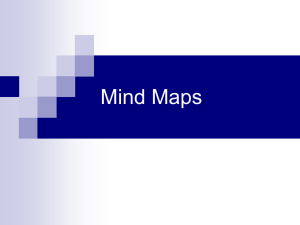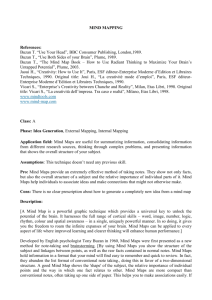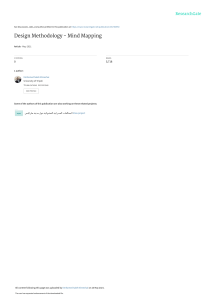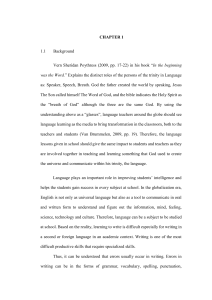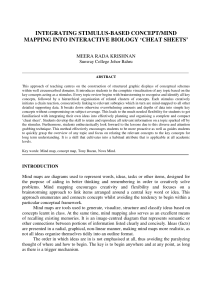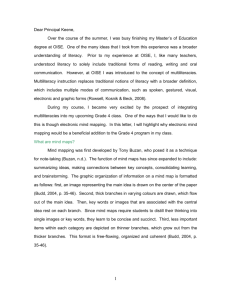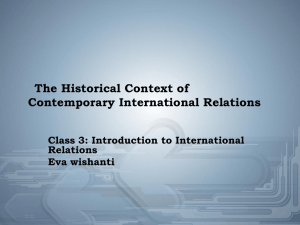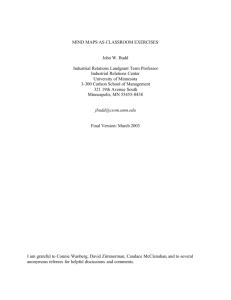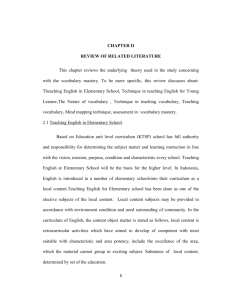CSI Lecture 1 - War and the World
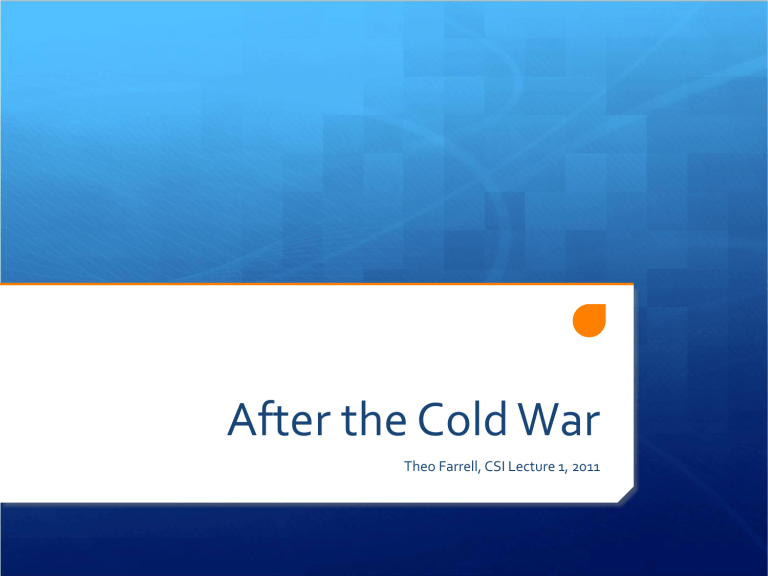
After the Cold War
Theo Farrell, CSI Lecture 1, 2011
Not all dreadful..
The Love Cats
We move like cagey tigers | We couldn't get closer than this
The way we walk | The way we talk
The way we stalk | The way we kiss
We slip through the streets | While everyone sleeps
Getting bigger and sleeker | And wider and brighter
We bite and scratch and scream all night
Cold War ‘security’ studies
States
Strategy
Science
Status quo
More dangerous?
John Mueller, ‘The Quest for Trouble’ (1995).
Clinton: ‘world is free but less stable’ (1993).
Simplifying the past
Knocking nationalism
Redefining stability
Elevating small problems
Post-Cold War security studies?
David Baldwin, World Politics (1995)
Do nothing – the neorealist way
Modest reform – regional security
Radical reform – open up concept of security
Buzan, People, States and Fear (1983)
Five sectors:
Military
Political
Economic
Societal
Environmental
Essentially contested concept
What is security?
Whose security?
What is a security issue?
How can security be achieved?
What is security?
Barry Buzan: ‘freedom from threat’
Ken Booth: ‘survival-plus’ – lifiting people out of oppressions such as war and poverty
‘Freedom from’ v. ‘freedom to’
Whose security?
Referent object?
Rise of the state
Buzan (neorealist): states
Booth (critical theorist): people
What is a security issue?
David Campbell, Writing Security (1992)
Securitzation theory: mobilising the state
Threats, Challenges and Change (2004): mobilising the international community
How can security be achieved?
Realism = national security
Liberalism = international security
Critical theory = emancipation
Post-Cold War security challenges
Failed and murderous states
American power and rising challengers
Nuclear proliferation
The Iraq Wars
Global terrorism
COIN and Afghanistan
